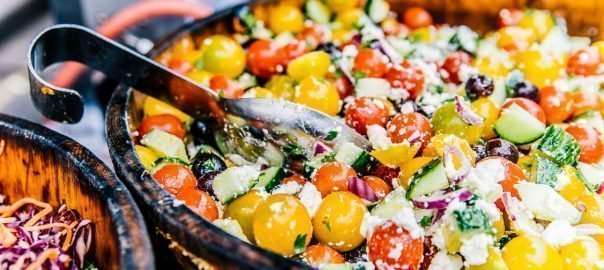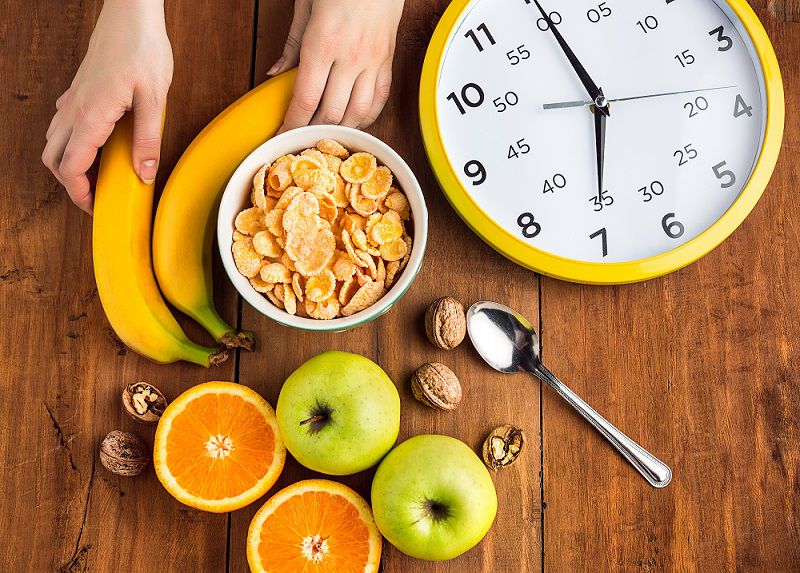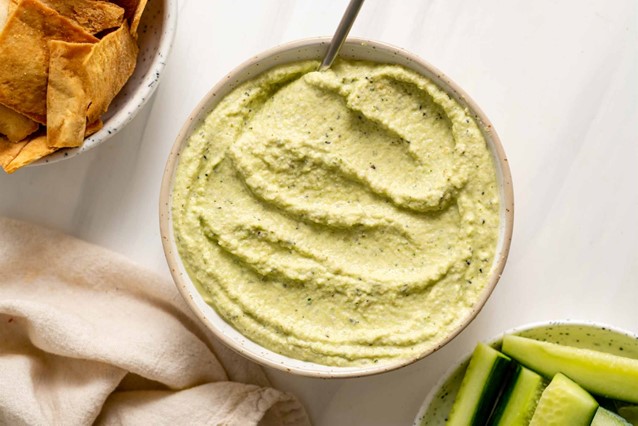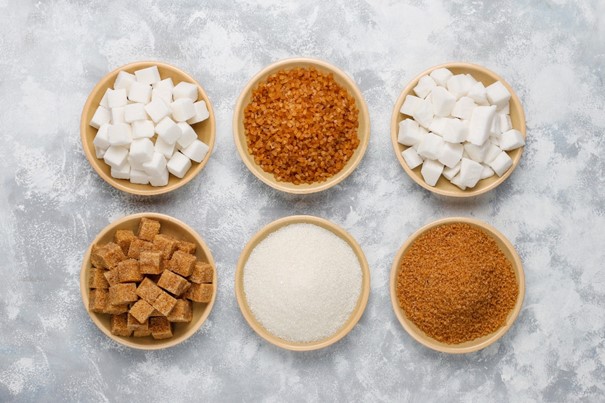Counting calories is an important part of making smarter nutritional choices. Dieticians, nutritionists, and fitness experts alike now recommend looking beyond the quantity of calories, and measuring the macronutrients of the food you eat in order to achieve weight loss goals. This is now being called macro dieting. Macro dieting aims to feed the body with ideal nutrients that can make it more efficient. Let’s be honest, dieting is not easy. But, good nutrition and an active lifestyle are essential components to being health. Creating new eating habits can start with understanding the breakdown of macronutrients and why they are so important.
What are macronutrients and what are the benefits of a macro diet?
Macro dieting balances the intake of three key macronutrients: carbohydrates, protein, and fat. Our body needs each of these for energy and to function properly. They are also needed for the development of new cells and the proper functioning of vital organs. Nutrition experts recommend macro dieting in order to make smarter choices about meals. As there are several health risks associated with an excessive intake of carbs and saturated fats, experts recommend a healthy balance of these macronutrients to meet health requirements.
Getting started with counting macronutrients
The amount of daily macronutrients intake and how they are distributed per day are influenced by many factors including morphology metabolism, level of physical activity, dietary habits, and any known chronic conditions.
Health experts advocate the following ratios: 45-55% of carbohydrates (45-55%), protein (15-25%), and fats (25-35%).
This equation and distribution become more complex for those with abdominal fat, diabetes, cardiovascular risk factors, or kidney problems. The first step is to determine the appropriate ratios that are best for you. This can be done with help from a certified dietitian, or a digital food tracking tool like DietSensor. Understanding the perfect breakdown of macronutrients is a goal worth striving for. With proper guidance and digital tools now available, you can start to see the results with your weight loss goals.





